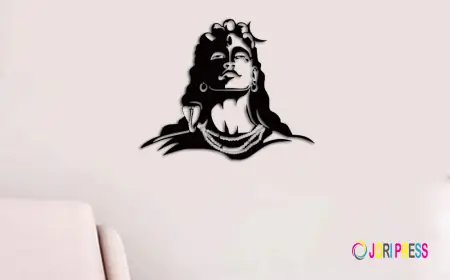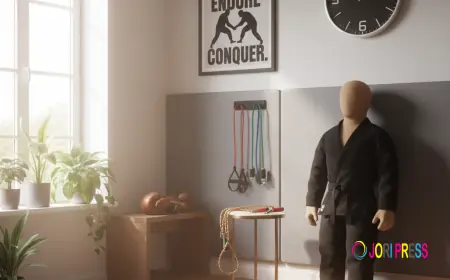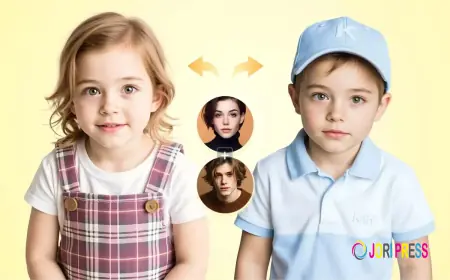Nerd culture is the new cool


Gatekeeping in nerd culture has taken an interesting turn in recent years, primarily because ‘Nerds/Geeks’ don’t look like nerds/ geeks.
A while ago, I mentioned the ongoing Megan Thee Stallion controversy. Longtime nerds continue to question the credibility of her nerdiness because she’s a young, black, fairly attractive woman with a sensual fashion style.
Simply put, she does not fit the picture of the conventional nerd, or so some people claim. They think she only wears anime cosplay to capitalize on the growing prominence of nerd culture. But that mindset is primarily rooted in bitterness.
Think of the horror stories you have heard about older nerds who grew up in the 70s, 80s, and 90s: the harrowing bullying they had to endure, the isolation. To reveal your nerdy hobbies to the world was to automatically set yourself apart.
Strict parents would rebuke you for wasting precious hours on video games. Neighbours would question why any intelligent individual would spend so much money on anime memorabilia. Preachers would blame your interest in Dungeons and Dragons and Harry Potter on demon possession.
Every other demeaning joke you saw on TV had nerds/geeks/dorks as the target. Many a nerd maintained their social standing by engaging their nerdy interests in secret. That attitude is gradually fading.
Your parents cannot dismiss your nerdy hobbies as a waste of productive time when, even here in Africa, nerds are making millions (of dollars) by playing video games, writing novels, creating graphic novels, designing board games, etc.
Nerd culture has become too financially lucrative to ignore. Mainstream audiences have no choice but to embrace this corner of entertainment. When you read the arguments proliferating online about the gatekeeping trend assaulting nerd culture, two elements rise to the surface.
First, some older nerds feel like things are too easy for their younger counterparts. They live in a world that celebrates their hobbies. They will never know the pain of enduring years of mockery because someone at school found a comic book in your bag. Would they be happier if every 21st-century nerd were forced to tolerate the same level of abuse? I don’t know.
I doubt the veterans know what they want. This brings us to the second, and most contentious issue: the type of nerd walking the streets today. Decades ago, the term ‘Nerd’ described a specific type of person: a slouching, awkward-looking, pimple-faced individual with crippling anxiety and no social skills to speak of. Some of you knew exceptions to that rule, but you get the idea.
Nerds were, for lack of a better term, the dregs of most school communities. They spent their days in the shadows, gazing enviously at the beautiful people who occupied the upper echelons of their school; those conventionally attractive boys and girls with confident personalities who enjoyed the adoration of every man, woman, and child they encountered. A clear divide existed between the nerds and non-nerds.
You could even argue that some kids gravitated towards nerd culture because they lacked the physical beauty and social skills to hang with the non-nerds. Nerd culture gave them a sense of belonging.
Fast forward to 2025, and you have supermodels professing to be nerds. You can probably guess where this is going. That argument sounds so silly that you have a hard time believing it, but this isn’t a theory I concocted.
I have come across online arguments in which some nerds/geeks boldly stated that they reject Megan Thee Stallion’s claim to nerdhood because she looks like the sort of girl who would have bullied or mocked them for being a nerd in the 80s, 90s, and even the 2000s.
Older nerds (and some younger ones) have preconceived notions of what a nerd/geek should look like, and it might take a few more years before those ideas die.
What's Your Reaction?
 Like
0
Like
0
 Dislike
0
Dislike
0
 Love
0
Love
0
 Funny
0
Funny
0
 Angry
0
Angry
0
 Sad
0
Sad
0
 Wow
0
Wow
0















































